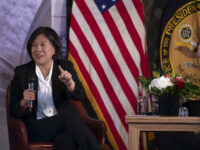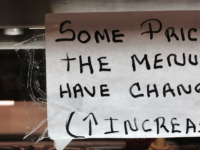The first two posts in the series on why Bill C-18, the Online News Act, is a bad solution in search of a real problem focused on the risk to the free flow of information stemming from mandatory compensation for linking and how the bill encourages clickbait and other low quality news given the absence of standards in the definition of “news content.” The series continues by highlighting the remarkable extent to which the government and its regulator (the CRTC) intervene in the news sector, an approach that creates significant risks to an independent press.
The government appears to recognize the risks that come from intervention and have therefore sought to assuage concerns by describing the bill as “a market-based solution that involves minimal government intervention.” Yet the reality is Bill C-18 features an unprecedented level of government intervention into the market in the news sector. Just how extensive is the government’s involvement? Some of the provisions that delegate decision-making powers to the government or CRTC include:











